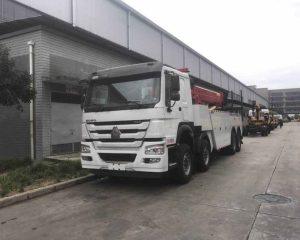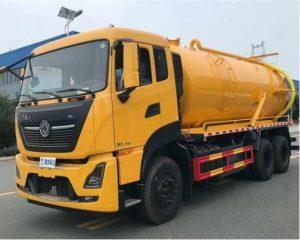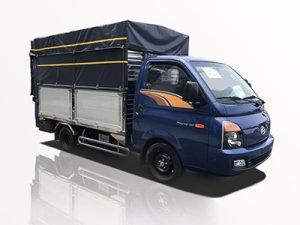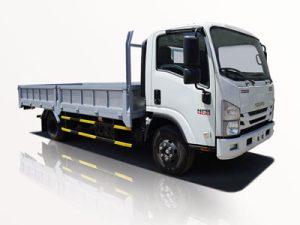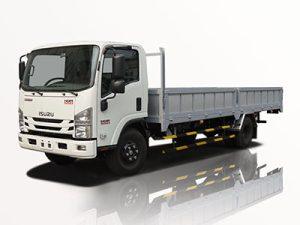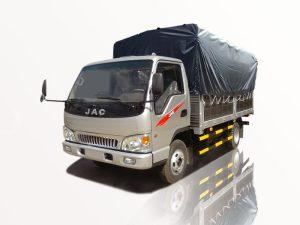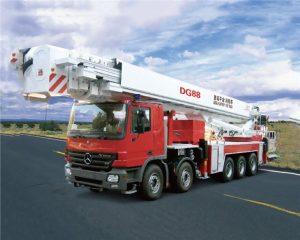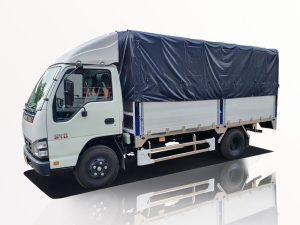Monday to Saturday - 8:00 -17:30
Understanding Trash Container Trucks: Functions, Types, and Practical Insights
Trash container trucks play a vital role in waste management, making it possible for communities to maintain cleanliness and sustainability. But, what exactly are these vehicles, and how do they function? In this article, we delve deep into the world of trash container trucks, exploring their types, benefits, operational mechanics, and much more.
Table of Contents
- Introduction
- What is a Trash Container Truck?
- Types of Trash Container Trucks
- Components of Trash Container Trucks
- How Trash Container Trucks Operate
- Benefits of Trash Container Trucks
- Maintenance of Trash Container Trucks
- Choosing the Right Trash Container Truck
- The Future of Trash Container Trucks
- Frequently Asked Questions (FAQ)
Introduction
With cities growing and becoming more populated, effective waste management is increasingly essential. Trash container trucks are the backbone of this system, designed to collect and transport waste for disposal or recycling. Understanding their functions, types, and operating mechanics can help communities manage waste more efficiently while also reducing environmental impacts.
What is a Trash Container Truck?
Trash container trucks are specialized vehicles used for the collection and transportation of solid waste, recyclables, and organic materials. They are typically equipped with large containers that can hold significant amounts of waste, making them ideal for city streets, commercial and residential areas, and industrial sites.
Key Features of Trash Container Trucks
- Large Capacity: Most trucks can hold between 10 to 30 cubic yards of waste.
- Compaction Technology: Many trucks are equipped with compaction systems that reduce the volume of waste.
- Safety Features: Safety measures include backup alarms, reflective strips, and secureage mechanisms to prevent waste spillage.
Types of Trash Container Trucks
Trash container trucks come in various types, each designed to meet specific waste collection needs. The main categories include:
Rear Loader Trucks
Rear loader trucks are equipped with a hopper at the back, where waste is loaded from the street. They are ideal for residential areas and can compact waste efficiently.
Side Loader Trucks
Side loader trucks allow for automated collection where bins are placed alongside the truck. This type is often used in commercial settings where speed and efficiency are prioritized.
Front Loader Trucks
Front loader trucks have a hydraulic lift that raises and empties large containers from the front. They are best suited for industrial and commercial waste collection.
Roll Off Trucks
Roll-off trucks are adaptable for various waste types and have detachable containers that can be transported and swapped easily. They are excellent for construction waste and large clean-ups.
Components of Trash Container Trucks
Understanding the components of trash container trucks helps in recognizing their functions. Some crucial parts include:
| Component | Description |
|---|---|
| Chassis | The base frame of the truck, housing the engine and supporting the entire structure. |
| Body | The compartment that holds the waste. Varies in size and design based on truck type. |
| Compaction System | Compresses waste to fit more into the container, allowing for efficient transportation. |
| Hydraulic System | Facilitates lifting and lowering of containers for loading and unloading. |
| Control System | Controls various functions of the truck, including the compaction and lifting mechanisms. |
How Trash Container Trucks Operate
The operation of trash container trucks combines mechanical and manual processes. Here’s a general overview of how they work:
The Collection Process
Typically, trucks follow a predetermined route where they stop at designated collection points. The driver operates the compaction and loading mechanisms, either manually or via an automated system in the case of side loaders.
Compaction System Overview
After waste is loaded, the compaction system activates, compressing the waste to maximize the load. This system not only increases the truck’s capacity but also reduces landfill costs by minimizing the number of trips required.
Benefits of Trash Container Trucks
Utilizing trash container trucks offers numerous benefits, particularly in urban settings:
Efficiency in Waste Collection
These trucks allow for swift collection of large volumes of waste, which is crucial in densely populated areas.
Environmental Advantages
By promoting recycling and reducing landfill trips due to compaction technology, trash container trucks support environmental sustainability.
Improved Public Health
Regular collection of waste via these trucks minimizes health hazards associated with litter, pests, and waste accumulation.
Maintenance of Trash Container Trucks
To ensure efficient operation, regular maintenance of trash container trucks is essential. Here are some key practices:
Regular Inspections
Conduct thorough inspections of all mechanical systems, including hydraulic and compaction systems, at regular intervals.
Cleaning Procedures
Keep the truck clean to avoid odors and pests. Regular washing can also prevent corrosion and mechanical failures.
Scheduling Repairs
Address any mechanical issues promptly to avoid delays in waste collection services.
Choosing the Right Trash Container Truck
Selecting the appropriate trash container truck depends on various factors:
Waste Volume
Evaluate the average waste volume to determine the required truck capacity. Larger urban areas may need rear loader or front loader trucks with higher volumes.
Type of Waste Collected
Decide on the type of waste being transported. For construction debris, roll-off trucks may be necessary.
Budget Considerations
Assess the budget for both purchasing and maintaining the truck. Consider options like leasing versus buying based on finances.
The Future of Trash Container Trucks
The future of trash container trucks promises exciting advancements driven by technology and sustainability trends:
Electric and Hybrid Models
With rising environmental awareness, electric trucks are emerging as a sustainable alternative, significantly reducing emissions.
Smart Technology Integration
Integration of smart technology can enhance routing, efficiency, and overall waste management. GPS tracking and automated reporting systems are becoming more common.
Enhanced Recycling Capabilities
Future trucks might include advanced sorting and processing features to promote recycling during collection, addressing the challenges of waste management sustainably.
Frequently Asked Questions (FAQ)
1. How often should trash container trucks collect waste?
The frequency of waste collection by trash container trucks varies based on regulations and waste volume but typically ranges from once a week to multiple times a week in busy areas.
2. What types of waste can trash container trucks collect?
Trash container trucks can collect general waste, recyclables, and organic materials, but specialized trucks may be needed for hazardous or large construction debris.
3. What is the average lifespan of a trash container truck?
The average lifespan of a trash container truck typically ranges from 10 to 15 years, depending on maintenance and usage conditions.
4. Are there government regulations regarding trash container trucks?
Yes, there are governmental regulations that govern the operation and maintenance of trash container trucks to ensure safety, environmental standards, and public health.
5. How can communities improve waste management using trash container trucks?
Communities can enhance waste management efficiency by optimizing collection schedules, promoting recycling, and investing in suitable truck technologies for specific waste types.
6. What innovations are currently being explored for trash container trucks?
Innovations include the development of electric and hybrid models, implementation of smart routing systems, and enhanced waste sorting and processing technology within trucks.


